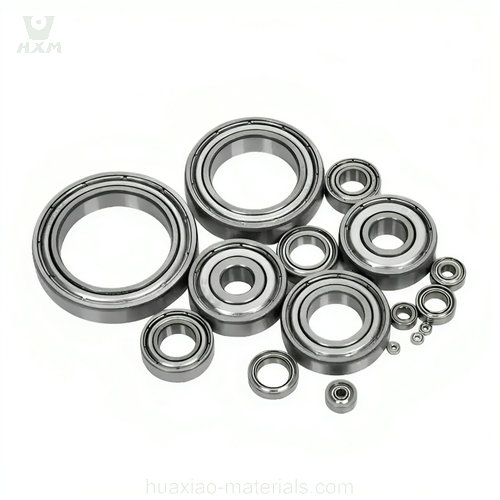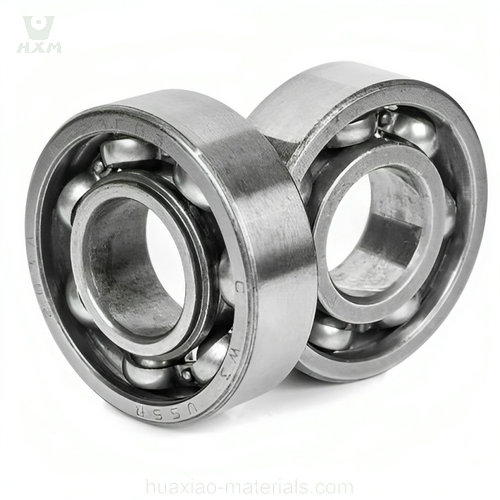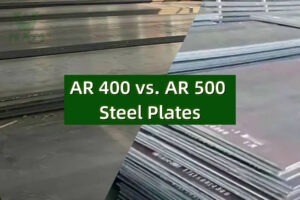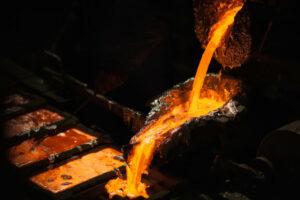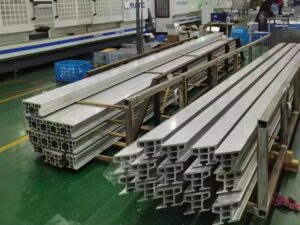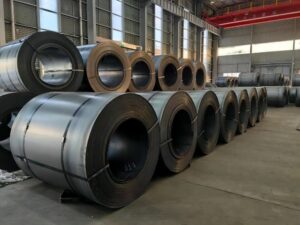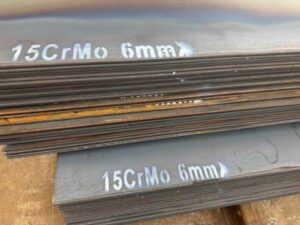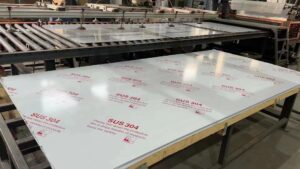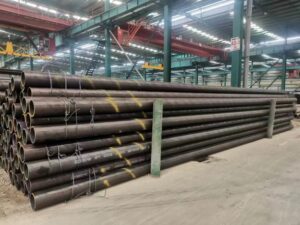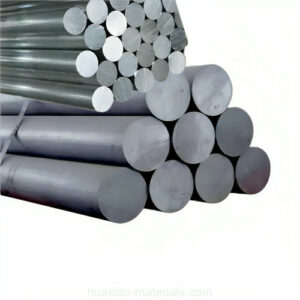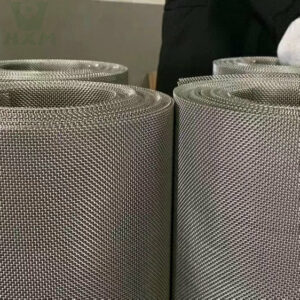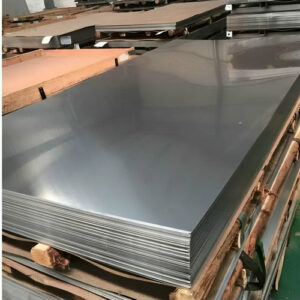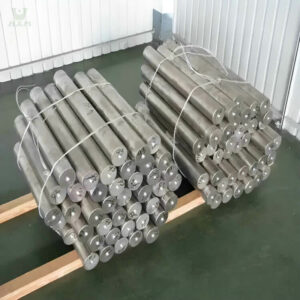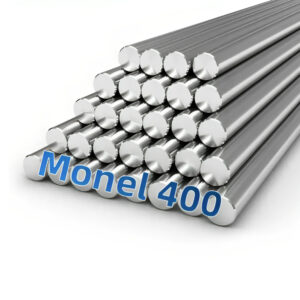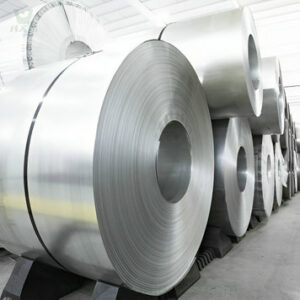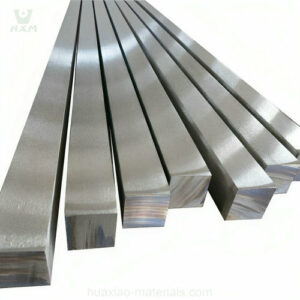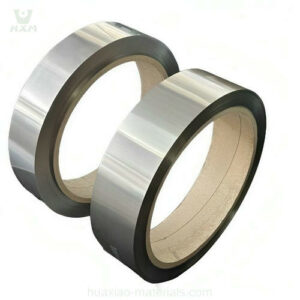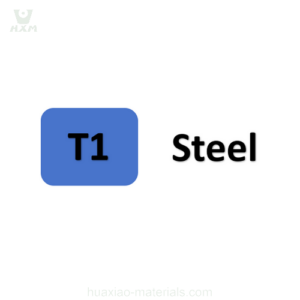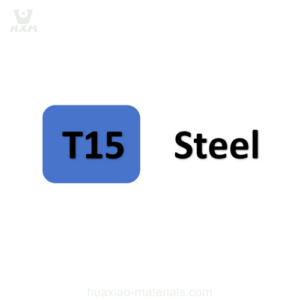Stainless steel offers several advantages that make it particularly advantageous in certain situations, including:
Corrosion Resistance: Stainless steel is known for its exceptional resistance to corrosion, rust, and staining. It remains unaffected by exposure to moisture, humidity, and a wide range of corrosive substances, making it ideal for applications in harsh environments, such as marine, chemical, and coastal settings.
Hygienic Environments: Stainless steel is non-porous and easy to clean, making it an excellent choice for industries with strict hygiene requirements. It is commonly used in food processing equipment, healthcare facilities, and pharmaceutical production where cleanliness is paramount.
Aesthetics: Stainless steel’s sleek and modern appearance lends itself well to architectural and design applications. It is often chosen for its aesthetic appeal in appliances, kitchen countertops, sinks, and decorative elements in buildings.
High Strength: Depending on the grade, stainless steel can exhibit impressive mechanical properties, including high tensile strength and toughness. This makes it suitable for applications where structural integrity and durability are crucial, such as in construction and automotive components.
Temperature Resistance: Stainless steel can withstand both high and low temperatures, making it suitable for applications exposed to extreme heat or cold. It is used in everything from kitchen appliances to industrial ovens and cryogenic equipment.
Chemical Resistance: Certain grades of stainless steel are highly resistant to chemical corrosion, making them valuable in chemical processing, petrochemical, and pharmaceutical industries.
Longevity: Stainless steel has a long lifespan and is highly durable, reducing the need for frequent replacements. This can result in cost savings over time in applications such as infrastructure, automotive exhaust systems, and industrial machinery.
Recyclability: Stainless steel is 100% recyclable without loss of quality, making it an environmentally friendly choice. It is often used in sustainable building projects and eco-friendly designs.
Non-reactive: Stainless steel does not react with foods or beverages, making it a safe choice for kitchenware, food storage, and cooking equipment.
Strength-to-Weight Ratio: Stainless steel’s excellent strength-to-weight ratio makes it suitable for applications where weight savings are essential, such as in the aerospace and automotive industries.
While stainless steel has many advantages, it’s essential to select the appropriate grade and finish for a specific application to fully leverage its benefits. The choice of stainless steel should consider factors like the environment, temperature, mechanical stresses, and aesthetics to ensure optimal performance.
